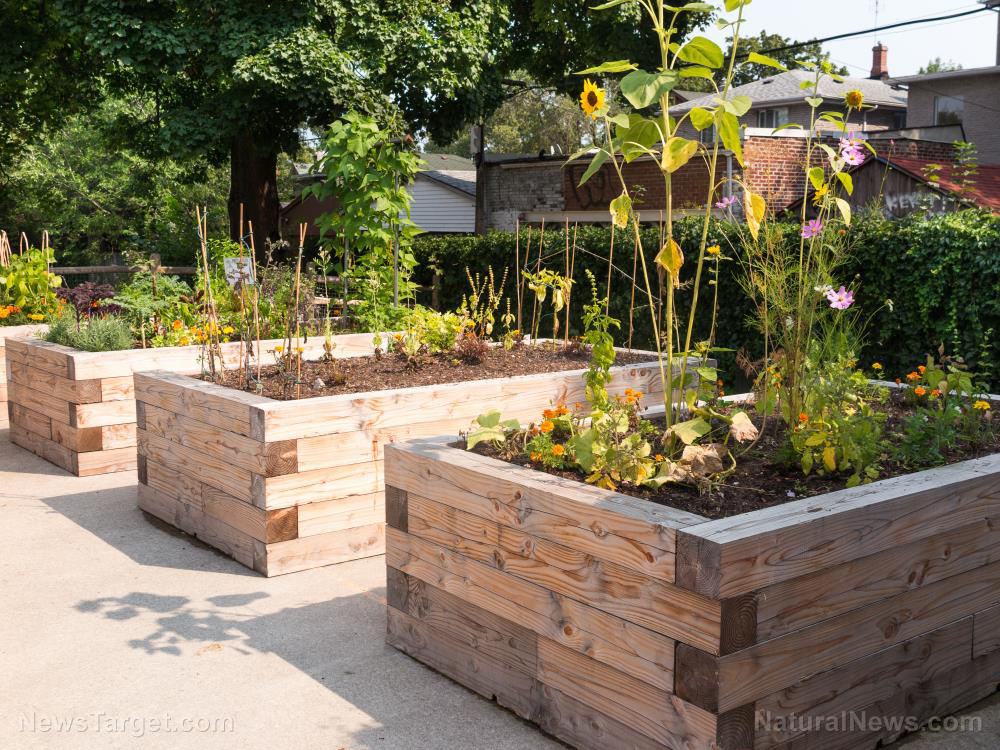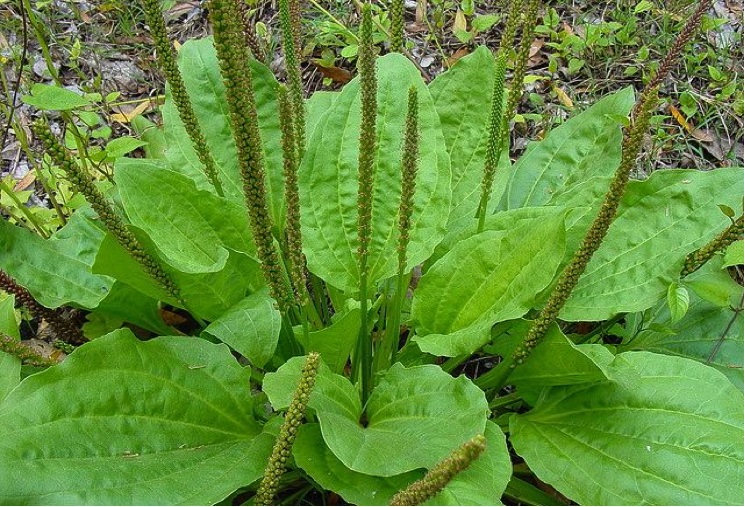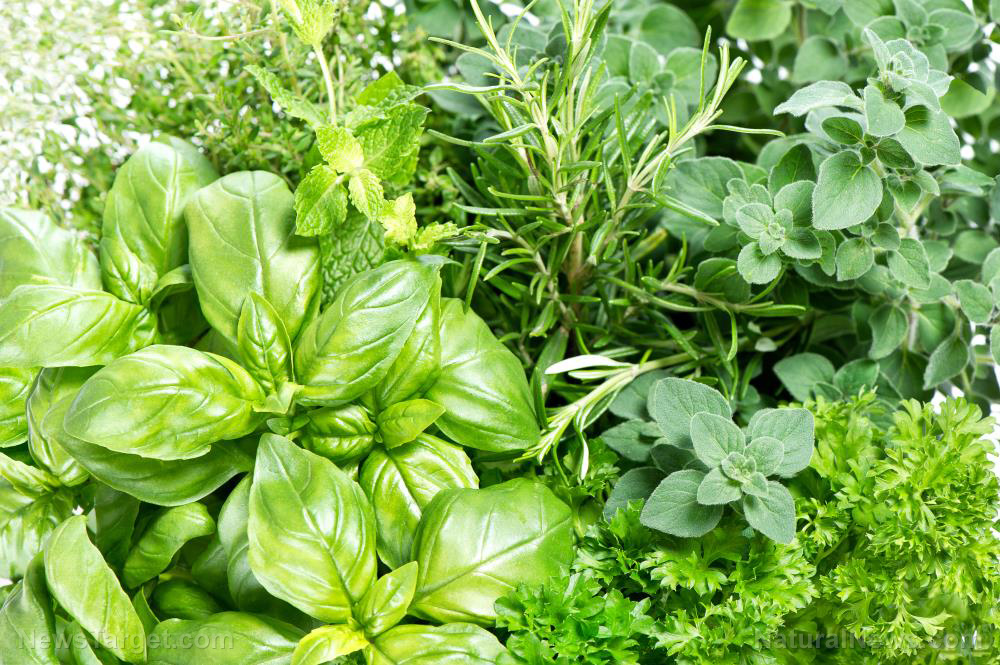Skills assessment: What you really need to know in case SHTF
07/14/2018 / By Zoey Sky

It’s never too late to start preparing for a disaster. Listed below are some of the skills that you might need when SHTF. These skills prioritize practical knowledge because money or antiques won’t be of much help in the event of an economic meltdown. (h/t to BioPrepper.com.)
- Animal husbandry — This gives preppers “endless amounts of sustainable meat, eggs, and milk.”
- Caring for clothes — When SHTF, you can’t just go to the mall to pick up new clothing. Learn how to sew and wash clothes by hand so you can properly maintain your clothing.
- Climate survival — Always prepare for “heating, cooling, drought, flooding, and other extreme weather disasters.” Knowing how to start a fire without matches or a lighter is also a useful skill to have. You can use a magnifying glass or prescription glasses if there is sunlight.
- Communications — Being able to communicate well can help defuse even the most stressful situations.
- Cooking — Being able to cook with simple tools and without electricity is necessary when SHTF.
- First Aid, CPR, and herbal remedies — Knowing about First Aid, CPR, and herbal remedies mean you won’t be left helpless if you ever get sick or injured. (Related: Natural first-aid treatments of old can help you survive off-grid emergencies.)
- Food preservation — If you can preserve food, you can easily stock up on supplies. Try to learn about canning, jarring, and how to make jams, jellies, and jerky.
- Food processing and preservation — Try to do this without electricity because you might not always have access to it when SHTF. It’s important to have someone who knows how to butcher and preserve animals in your homestead. Learn how to smoke, salt, cure, or dehydrate food if you can.
- Foraging — This skill is an asset because it can help increase your food supplies.
- Ham radio — Knowing how to operate a ham radio means you have a reliable way of communicating even when SHTF. Read up on how to make and set up an antenna to boost your radio signal. Knowing Morse code is also a good skill to have.
- Hunting, fishing, and gathering — These skills are crucial to your survival. Stock up on reference guides for edible plants in the area, repairing weapons, trapping wild game, and fishing if you don’t have time to learn them. Practice how to use “quiet weapons” like bows, knives, slingshots, and spears when hunting.
- Languages — Knowing a second language can help you understand radio communications, especially if you would like to learn more about possible threats to your safety.
- Organic gardening and seed saving — Food production-related skills are a must-have if society collapses. Aside from having a way to provide food for your family, you can use the produce for bartering.
- Self-defense — You can’t be too safe, so get some camouflage clothing, a heavy duty knife, and sandbags so you can secure your homestead. Consider getting some firearms if you’re proficient with them.
- Self-sustainability — This skill ensures that even if you run out of supplies, you can easily provide for yourself. If you know how to cultivate vegetables, raise animals, store seeds, hunt, or make your own clothing, you won’t have a problem when disaster strikes. Butchering is also a good skill to have.
- Water treatment — Water purification and treatment will help “remove contaminates” to avoid health concerns.
- Welding — The ability to work with metal can boost “transportation, construction, and community defense.”
Shelter, construction, and bartering
Other useful skills to have include camp cooking, basket weaving, pottery making, animal tracking, tool making, tanning hides, rock climbing, and knot tying. You can also read up on teaching, knitting, piloting an aircraft, sailing, and music.
Shelter building has two categories: outdoor wilderness survival and construction to your current home and property.
If you have construction skills, you will be an asset to any group. Even more important is the ability to construct anything without electricity or power tools. Try to practice some techniques and build small structures using crude hand tools. Check some guides on how to build “basic cabins, sheds, and composting outhouses.”
When it comes to bartering, consider the following items:
- Blankets — You still need blankets so you can sleep comfortably when SHTF.
- Bows, arrows, and bowstrings — You can also learn how to make alternative bows (e.g. with PVC), how to turn arrow shafts, and how to lace and tie bowstrings.
- Ferroceramic rods and striking steels –– Can be used to start fires.
- Filtration weirs for water
- Seeds
- Salt, sugar, pepper, and spices
- A simple still or materials to build one — To make alcohol for drinking, cleaning, and medical use.
- Survival information — You can gather general information to offer others.
- Tobacco — Stock up on cigarettes, cigars, and loose tobacco because people can still use a good smoke during disasters.
- Tools — Stockpile saw blades, hatchets, ax heads, hammer heads.
You can learn more about important prepping and survival skills that you can use when SHTF at Bugout.news.
Sources include:
Tagged Under: cooking, first aid, Food Preservation, foraging, gardening, homesteading, off grid, preparedness, prepper, prepping, shelter, SHTF, survival, survival skills, survivalist, sustainable living, water treatment, welding

















